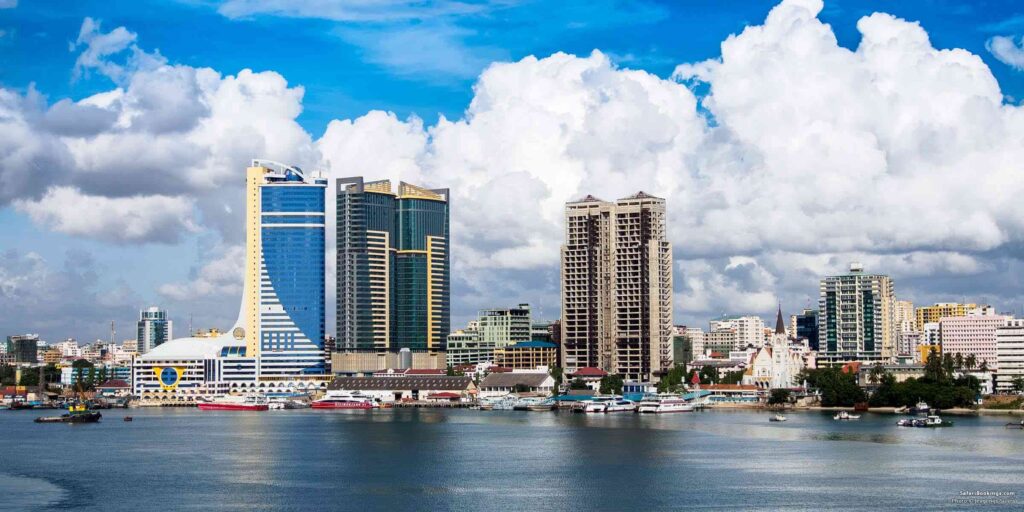The Government will continue strengthening the investment climate to encourage existing investors to reinvest their profits in the Country, the Tanzania Investment Centre (TIC) Executive Director Gilead Teri has re-affirmed.
According to Teri, the Government has worked hard to attract greenfield investment after the passage of the New Investment Act, No. 10 of 2022 geared towards promoting expansion/ rehabilitation projects due to the new incentives, which were not previously available.
Teri said between January 2022 and April 2023, 418 projects were registered with TIC, 413 being new projects, and five being expansion/ rehabilitation projects.
“At the national level, investment flows, and interest has continued to surge. We began piloting the Tanzania Electronic Investment Window (TeIW) and it has provided ease for first-time incoming investors as well as those already established but keen to set up and register new projects. We continue to perfect the system and expect to be ready for launch in a month’s time,” he said.
Teri said at Tanzania at international level remains a shining example of investment climate reforms, economic optimism and growth potential.

“A recent International Monetary Fund (IMF) report, which puts our growth projection ahead of all sub-Saharan countries. Tanzania was rated B2 positive by Moody’s Investors Service Agency, which is a good yardstick regarding the creditworthiness of the country in the international financial markets,” he said.
Tanzania has recently signed off the development of three large rare earth extraction projects collectively worth over $667 Million.
“These and many other developments are indicative of the reform path Tanzania is walking. The future looks brighter. There is no better place to invest than in Tanzania. There is no better time than now,” he added.
According to Moody’s Investors Service Credit opinion report issued on the 18th of April 2023, Tanzania was rated 2 or assigned to B2 positive compared to peer countries.
The performance was contributed to factors including a robust macroeconomic performance with sustained growth rates of 6.4 per cent on average between 2011-2021, which helped to expand the economy and mitigate the impact of shocks rapidly, and political stability exercise under the Sixth Phase Government by mending the international relations and lesser of ethnic conflict.







